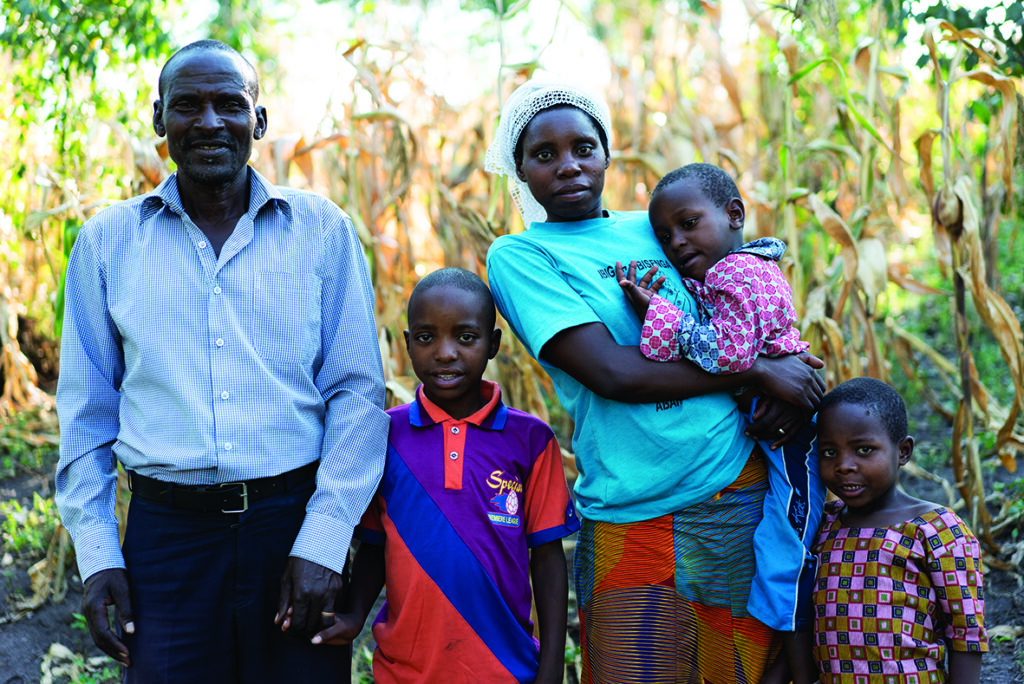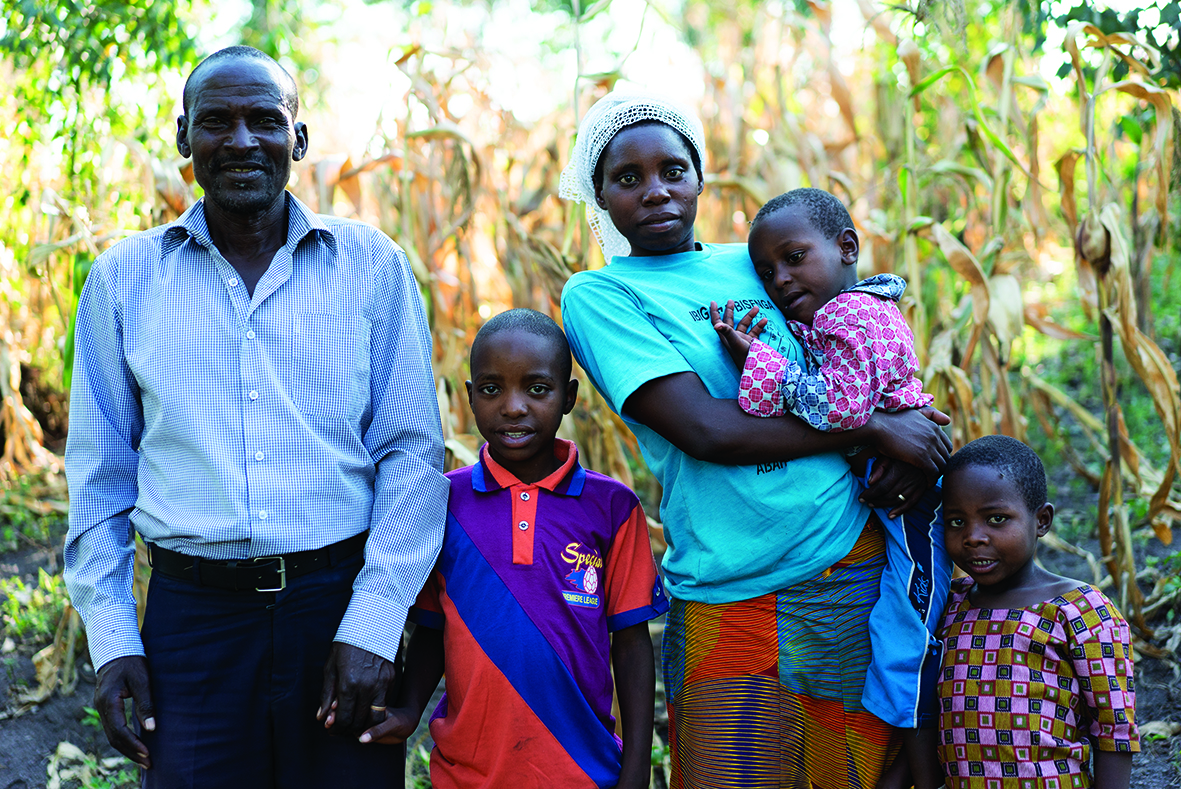The success of a groundbreaking project to close orphanages in Rwanda and Uganda, shows that all children can leave institutions for the warmth and security of a family, once they have the right support.

Implemented by Hope and Homes for Children in Rwanda and Child’s i Foundation in Uganda, the ‘No Child Left Behind’ programme was funded through the UK Aid Match programme.
Over three years, this pioneering project has reached 127,940 children and demonstrated, in two distinct national contexts, that it is possible for children with disabilities to live in loving family environments and in safe communities. The success of the programme shows that alternatives to institutional care can be inclusive and that this model is achievable in an African context, ensuring that no child is ever left behind. Carrol (above) is one such child; a little boy whose life has been transformed by this project.
“The success of the programme shows that alternatives to institutional care can be inclusive and that this model is achievable in an African context”
Between May 2018 and March 2021, the ‘No Child Left Behind’ programme successfully:
Closed an orphanage for children with disabilities in Rwanda
Supporting 26 children to live safely in family or community-based care. The institution has been transformed into a disability-inclusive Community Hub, equipped to respond to the specific needs of children with disabilities and their families. A further orphanage is under closure, having already transitioned 16 children and is progressing well on its way to becoming an inclusive Community Hub.
Closed three orphanages in Uganda
Supporting 105 children to move safely into family-based care, providing vital evidence and a practical blueprint for further reform. One has transformed to a Community Hub; the second has been replaced with outreach programmes to support vulnerable families in the community; and the third is in the process of being converted into a community centre.
Across both Rwanda and Uganda in the course of the programme we have:
- Trained 581 foster carers (including 273 specialist foster parents) to care for vulnerable children and children with disabilities
- Established 44 child protection and poverty reduction committees known as Community Development Networks (CDNs) and trained 2,808 CDN members and Community Volunteers. CDNs, made up of community and local authority representatives, provide strong referral and gatekeeping mechanisms that keep children safe in families
- Through these Community Development Networks, we have provided gatekeeping and prevention services to 132,046 children at risk of family separation, including 5,046 children with disabilities
- Of these, 5,707 children (including 1,012 children with disabilities) have been supported to remain safely with their families via our Active Family Support model, which builds family resilience and reduces the risk of babies and children entering orphanages
- Trained 55 government and NGO professionals to provide targeted support to children at risk of separation from their families
Crucially, the ‘No Child Left Behind’ programme has also helped to raise public awareness and challenge negative attitudes to disability. Community leaders and key local stakeholders have been engaged to champion family care for all children, and children with disabilities and their families have been empowered to form local peer support groups.
“Crucially, ‘No Child Left Behind’ has also helped to raise public awareness and challenge negative attitudes to disability”
At the same time, this pioneering project has increased understanding amongst national policy and decision-makers in both Rwanda and Uganda about the benefits of family-based care reform and community-based child protection mechanisms.
In March 2021, as the programme completed, outcomes and learning from ‘No Child Left Behind’ were shared at a regional conference on disability, organised by Hope and Homes for Children and the National Council of Persons with Disabilities, in Rwanda. Speaking at the event, Innocent Habimfura, our Regional Director for East and Southern Africa, concluded, “Every child deserves the love of a caring family and this programme has shown how, by closing institutions, supporting families to stay together and enhancing child protection systems at community level, we can make it possible for all children to enjoy their right to live in families.”
